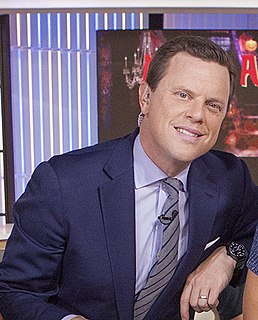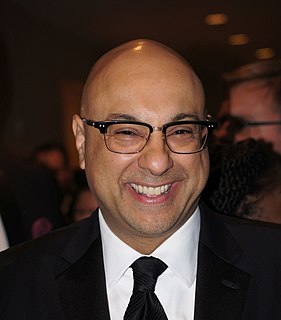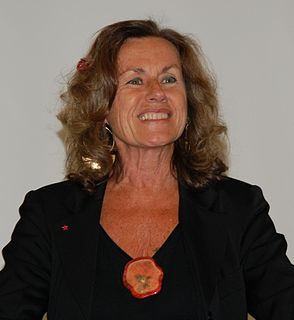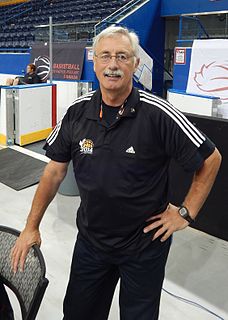A Quote by Max Brooks
Looking back, I still can't believe how unprofessional the news media was. So much spin, so few hard facts. All those digestible sound bites from an army of 'experts' all contradicting one another, all trying to seem more 'shocking' and 'in-depth' than the last one. It was all so confusing, nobody seemed to know what to do.
Related Quotes
Media bias in editorials and columns is one thing. Media fraud in reporting 'facts' in news stories is something else. ...The issue is not what various journalists or news organizations' editorial views are. The issue is the transformation of news reporting into ideological spin, along with self-serving taboos and outright fraud.
Now your kids can't escape. Thirteen-year-olds back then, if they didn't watch the evening news, they didn't see news. If they didn't watch the 6:30 or seven p.m. news, they didn't see news. Today younger people have much more access to that kind of hard news than you did when you were 13 back then.
Uriah drops his tray next to me. It is loaded with beef stew and chocolate cake. I stare at the cake pile. “There was cake?” I say, looking at my own plate, which is more sensibly stocked than Uriah’s. “Yeah, someone just brought it out. Found a couple boxes of the mix in the back and baked it,” he says. “You can have a few bites of mine.” “A few bites? So you’re planning on eating that mountain of cake by yourself?” “Yes.” He looks confused. “Why?” “Never mind.
I think we - "we," meaning the media - have generally caused Americans to consume news in smaller, less contextualized bites. I think we have sugar-coated the news. I think we have provided news that is consumable, at the expense of news that is more important. I think we have created a world in which extreme views push out moderate views.
Today enormous effort goes into convincing the American public that we're just consumers of media manipulation and sound-bites and spin doctors. That we care only about ourselves, money, and stuff. That acting out of passion and conviction doesn't make a difference. But all history shows that it does.
Today there are a huge number of think tanks working on poverty-related issues; there are books written on the topic; and university centers being created to study poverty. But, at the same time, the media has a terribly hard time with this issue; it's very hard to convince editors and publishers to devote resources to complex investigations of the lives of America's poor. And, as a result, too often poverty is portrayed in stereotypes, in sound bites, in a few pat images rather than in its full Technicolor complexity and diversity.
When I do a record, it sounds more punk and raw. Or it will sound louder, or it will sound more shocking. Or mind-boggling. I'll be trying to figure it out, but once I've got it figured out I'll be like, I know this; I know where this came from. I think art is most interesting when the intention is not clear.



































